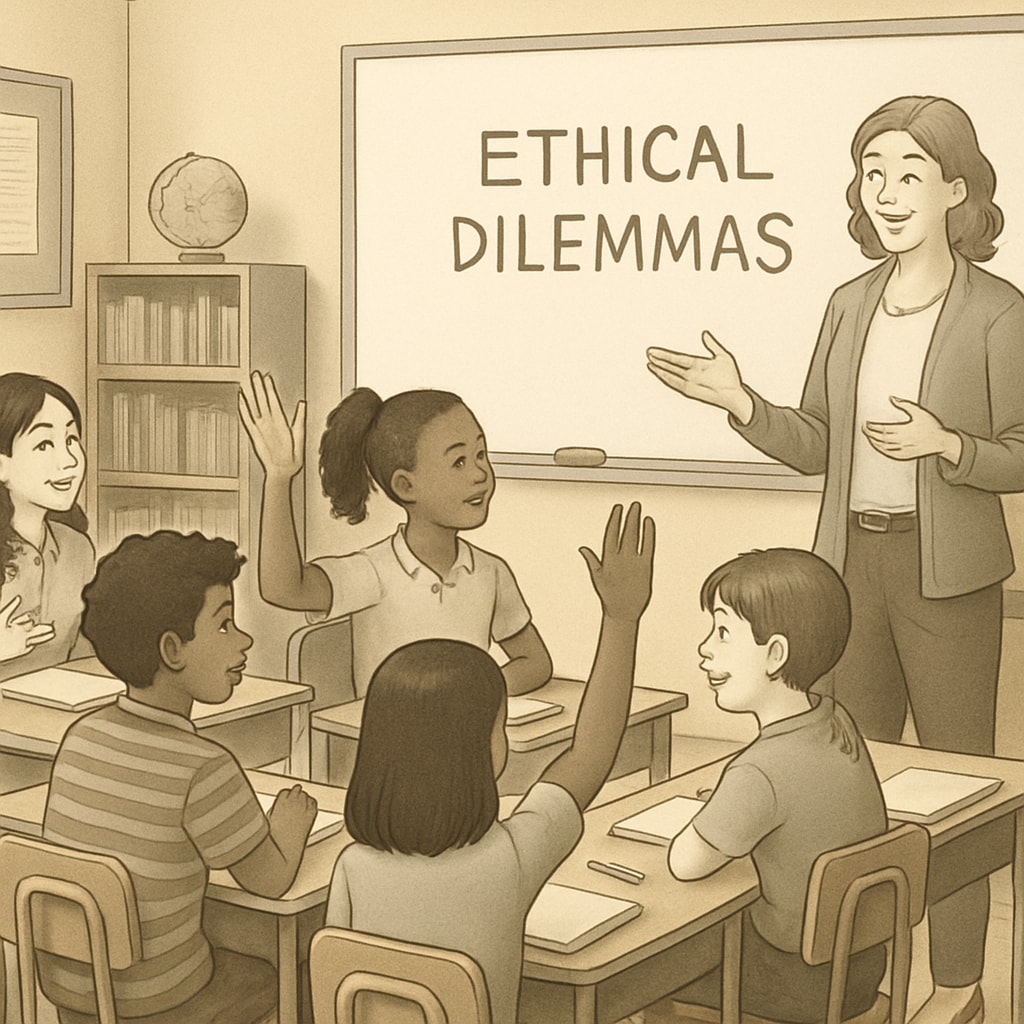Introducing psychology and philosophy to young minds during their K12 years can have a profound impact on their personal and intellectual development. These disciplines encourage critical thinking, foster emotional intelligence, and help students build a strong foundation of values. By leveraging accessible self-learning resources, parents and educators can cultivate a love for these fields outside traditional academic settings. This guide explores practical ways to introduce psychology and philosophy to K12 students, equipping them with tools for lifelong learning and exploration.
Why Teach Psychology and Philosophy to K12 Students?
Psychology and philosophy are often viewed as subjects reserved for higher education, but their foundational concepts can be introduced much earlier. Teaching these topics at a young age helps students build essential skills such as reasoning, empathy, and ethical decision-making. For example, understanding basic psychological concepts like emotions and motivation can enhance self-awareness, while exploring philosophical ideas about fairness and justice can shape a child’s worldview.
Moreover, these subjects provide tools to navigate an increasingly complex world. By engaging with psychological and philosophical questions, students learn to think critically about information, challenge biases, and develop their unique perspectives. These abilities are invaluable not only academically but also in personal and social contexts.

Top Resources for Self-Learning in Psychology and Philosophy
The internet offers a wealth of resources that make it easier than ever to introduce psychology and philosophy to children and teenagers. Below are some beginner-friendly tools and materials to get started:
- Books: Look for age-appropriate books such as Sophie’s World by Jostein Gaarder for philosophy or The Psychology Book from DK Publishing for engaging overviews of psychological concepts.
- Podcasts: Short, engaging podcasts like Brains On! can introduce psychological topics, while The Philosophy Guy simplifies complex philosophical ideas for younger audiences.
- Interactive Platforms: Websites like Khan Academy offer free courses on psychology, while philosophy-focused platforms like PLATO Philosophy provide accessible resources.
- Videos: Channels such as CrashCourse on YouTube offer well-structured series on both psychology and philosophy, breaking down challenging topics into digestible lessons.
By combining these resources with hands-on activities like debates, journaling, and role-playing, students can actively engage with the material rather than passively consuming it.
Practical Tips for Parents and Educators
Introducing psychology and philosophy doesn’t require formal expertise. Parents and teachers can start small and focus on creating an environment that encourages curiosity and open discussion. Here are some practical tips:
- Ask Open-Ended Questions: Encourage children to think deeply by asking questions like “What makes a person good?” or “Why do we feel emotions?”
- Incorporate Real-Life Scenarios: Use everyday situations, such as resolving conflicts or making decisions, to discuss psychological and philosophical principles.
- Encourage Reflection: Activities like journaling can help students process their thoughts and feelings, fostering self-awareness and emotional intelligence.
- Make It Fun: Use games, puzzles, and creative projects to explore concepts like logic, fairness, and personal identity.
By integrating these practices into daily routines, adults can nurture a child’s natural curiosity and build a strong foundation for lifelong learning.

Building a Lifelong Love for Learning
Teaching psychology and philosophy at the K12 level is not about overwhelming students with dense theories. Instead, it’s about sparking curiosity and helping them see the relevance of these subjects in their everyday lives. As they grow, students can delve deeper into these disciplines, exploring more complex ideas and theories.
By providing supportive resources and fostering an environment of open exploration, parents and educators can equip young learners with the tools they need to understand themselves and the world better. The journey into psychology and philosophy may start small, but its impact can last a lifetime.
For more information on these subjects, consider exploring comprehensive platforms like Britannica and Wikipedia’s Psychology section.
Readability guidance: This article uses short paragraphs, clear structure, and lists to ensure accessibility. Transition words like “for example” and “in addition” connect ideas seamlessly, creating a smooth reading experience for parents and educators alike.


